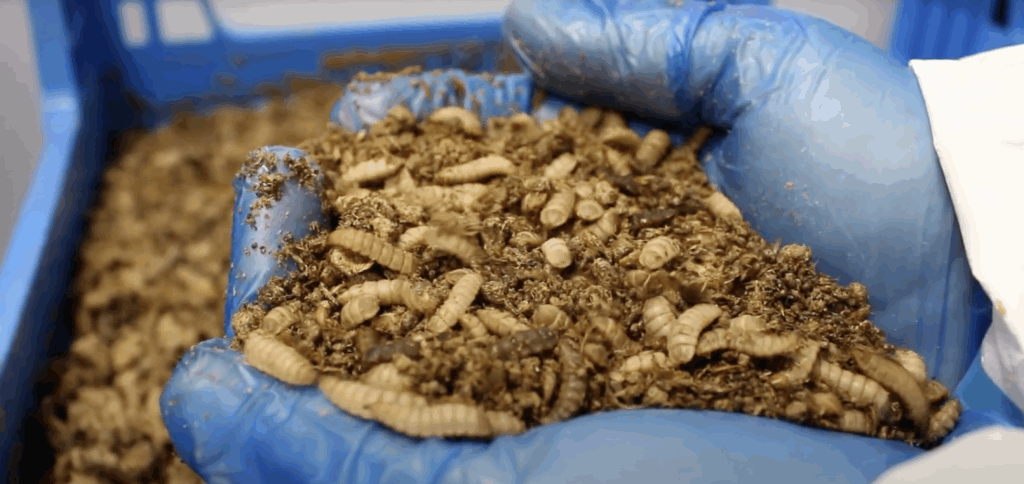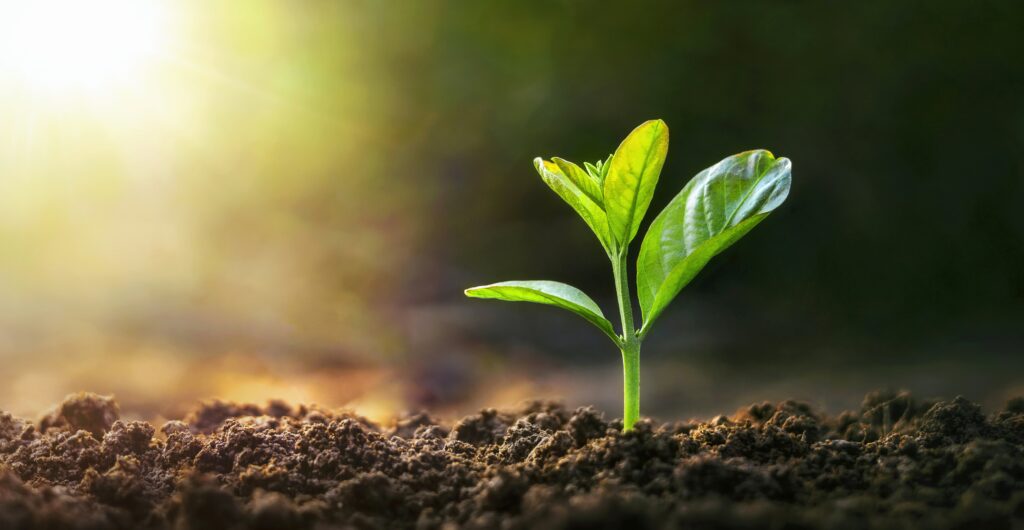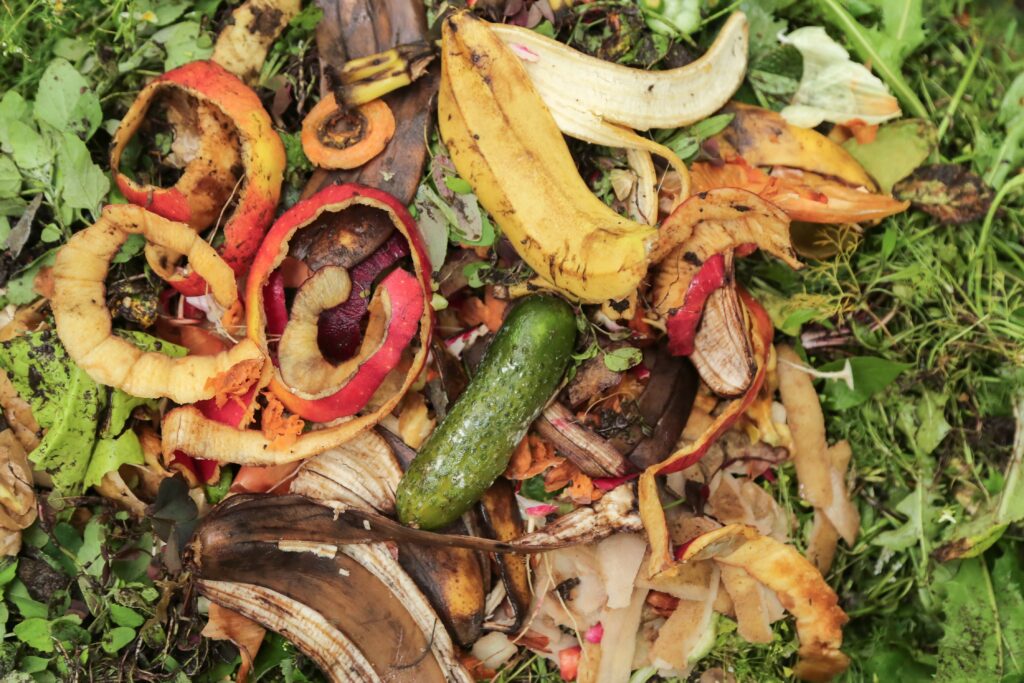Belu, based in central London, is marketing its mineral water on a guilt-free consumer ticket, by pledging to send profits to water projects in Africa. The company has been placing its products on retail shelves this summer, including in Waitrose stores.
 Belu claimed that 10% of UK recycling centres have machines that can sort compostable bottles |
It has been encouraging consumers to recycle or compost their bottles, which are made from biodegradable corn starch.
But despite Belu's website claim that “roughly 10% of recycling centres in the UK have machines that can sort bio-bottles from PET and HDPE bottles”, a letsrecycle.com investigation identified no recycling companies able to recycle the bottles.
Contamination
Challenged to back-up its claims, Belu was unable to identify any household recycling schemes that will accept their bottles for either recycling or composting. Composting companies have said they view the bottles as contamination and would remove them from organic waste, to send to landfill.
Both examples of waste management companies named by Belu as having the equipment to sort these bottles from recyclable PET or HDPE bottles denied being able to sort the biodegradable bottles.
Commenting on letsrecycle.com's findings, Read Paget, the founder of Belu, said: “If the waste industry would sort the waste and send it where it should go, it would go straight to a composter. If our bottles are not being collected it is because the waste industry is not doing it.”
PLA
The corn-starch bottles are made from a type of plastic called polylactic acid (PLA). The bottles were launched in May this year, with Belu informing users that the bottles could be commercially composted back to soil in 12 weeks.
Trelawney Dampney, chairman of the Composting Association and managing director of a composting business in Dorset, said companies like his would not risk leaving any bottle in their compost.
He said: “If we get a batch of garden waste in with bottles included they will be shifted out, we will not sort through to pick out biodegradable ones – we couldn't afford that. The only way it would work is if all households in the UK had a compost bin and on the bottle it is very very clearly marked as biodegradable.”
Belu said this week that three composting companies were prepared to test the bottles for compostability, but would not name the companies publicly.
One of the companies was found by letsrecycle.com. The director of company confirmed the testing of the Belu bottles for compostability, but said: “We are doing some composting for them, but I have my doubts about it. I'm not convinced it is a good idea unless everyone has composting collections for it. It hasn't been thought through – I don't see why these bottles are any better than glass environmentally.”
” You don't need too much PLA to mess PET up, especially if you want to recycle it back into a bottle. “
– Paul Davidson, WRAP
Councils
Local authority officers have revealed concerns at the confusing messages being delivered to householders regarding plastic bottles like those made by Belu.
Lee Marshall, chair of the Local Authority Recycling Advisory Committee, said: “It is difficult enough telling residents what bottles we want for recycling, it would be even worse if we were then saying 'a;nd also these need to be put in the composting bin.'”
Mr Marshall also questioned whether there was any kind of a market for Belu bottles to make their collection worthwhile.
Damage
Another concern is that if the Belu plastic bottles end up among other recyclable forms of plastic, they can damage the resulting product. Belu says on its website: “As long as bio-bottles make up less than 1% of all plastics they won’t affect the quality of recycled products.”
But this was not the view from the plastics recycling sector. Paul Davidson, plastics technical manager at the Waste and Resources Action Programme (WRAP), explained: “You don't need too much PLA to mess PET up, especially if you want to recycle it back into a bottle. It will only take a few percent of PLA to make PET non-viable and that is just another concern for plastic reprocessors to deal with.”
Mr Davidson also had a warning concerning the possibility of householders placing the biodegradable bottles into their home composting bins. He said: “It needs higher temperatures for them to biodegrade, so it needs to hit an industrial compost bin.”
Belu
After letsrecycle.com put the findings of its investigation to Belu, the company offered to take back any bottles from consumers unable to recycle or compost them.
Mr Paget claimed there would be an inevitable move towards corn starch bottles such as that produced by Belu and suggested it was “short sighted” not to prepare for such a situation.
| Related links: |
“Plastic comes from petrol, a non-renewable source,” he explained. “To base production on a material that is soon to run out is very short sighted. We need to look at the supply, what will be around in the future? This is a medium to long-term project.”
Mr Pagent said his long-term goal was to see all food packaging made out of biodegradable material.
He said: “Wouldn't it make sense if all packaging was made from a compostable polymer? If a supermarket had to throw out unsold food it could send the food and the packaging straight to compost. You would cut down on labour and avoid landfill – it is win win win.”







Subscribe for free